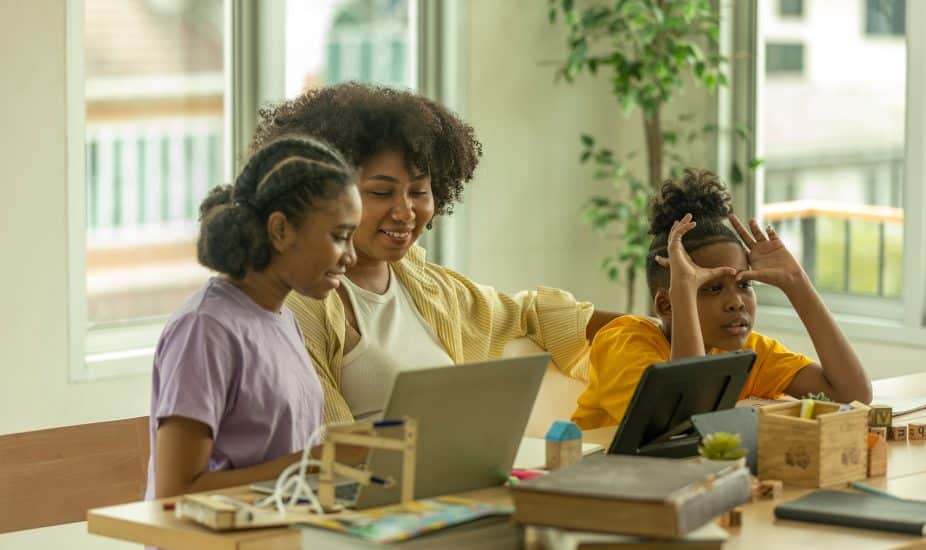When you’re a kid, you might spend a few minutes daydreaming or worrying about your future or think about the past a little bit with nostalgia, but most of your energy and focus are in the here and now.
You’re feeling hungry, so you look for a snack. You’re feeling bored, so you grab a device. You’re feeling lonely, so you send a message to a friend.
When a kid feels uncomfortable, it’s an immediate problem they have to solve.
It’s rare, though, for young people to think intentionally and thoughtfully about their future and how their current actions will impact it.
Mature, healthy adults recognize that their feelings of discomfort might have an immediate solution or indicate that something is off more comprehensively. In other words, they can self-regulate and explore solutions to problems that might require deliberate, long-term investment.
In a 2011 study, researchers found that emerging adults with higher self-regulation capacities were much less likely to engage in risky behaviors like binge drinking. They connected the habits of sensation seeking and impulse control issues in young people with later episodes of dangerous behaviors.
The question then becomes, how do adults (parents and educators) intentionally develop self-regulation skills in kids? How can we teach them to think with a long-term perspective, delay their gratification, and neglect their own impulses?
For one, it starts with modeling those healthy behaviors. It’s all too easy for us to forget that the little ones in our lives are watching and learning from us. They watch us when we get angry and how we quickly turn to contempt, critique, or lashing out with frustration. They see us when a box of donuts shows up, and our gut instinct is to be the first one to grab the glazed maple. They feel our disengagement sitting next to us on the couch as we doom-scroll through our social media feed after a long, stressful day.
Those subtle, unconscious decisions that allow our emotions and impulses to rule our behavior get picked up on by the kids we influence.
We are the primary models for how to live well, and we can become the champions of self-regulation and long-term strategic planning to accomplish our goals.
Mental contrasting is an evidence-based, proven strategy to cultivate self-regulation skills, and it can be taught.
In its simplest form, mental contrasting is an intentional exercise where we identify a goal or a wish we have, spend some time imagining obtaining that goal, as well as spending time on the obstacles that we must overcome to get it.
It’s a balance between fantasy and reality, not getting too carried away by either. It leads to sober clarity, a clear plan, and a reserve of energy and motivation to move forward. It’s what healthy adults do, and it’s a skill that can be taught over time.
Related: Guiding Kids Through Hard Things
Read our next post where we spend time taking a deeper dive into mental contrasting and how you can implement it in your interactions with kids.

